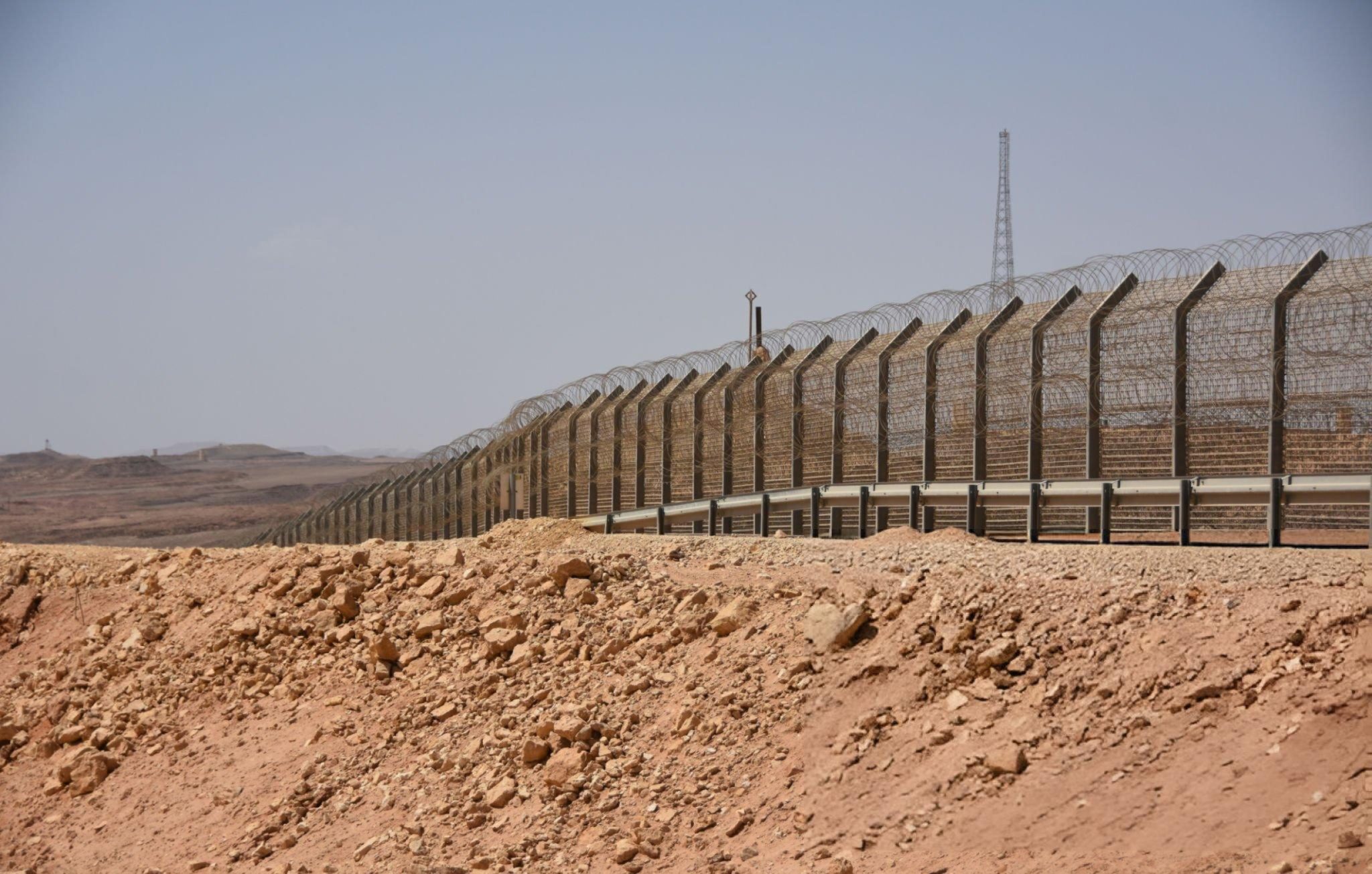Mounting evidence suggests that Israel is setting the stage for a prolonged military presence in Gaza, coupled with a push from settler movements and government factions to re-establish Jewish settlements in the territory. These developments highlight a dual strategy that intertwines security concerns with ideological aspirations.
Military entrenchment
Recent investigations led by Haaretz national security editor Avi Scharf have uncovered signs of an expanding Israeli military footprint in Gaza. Using satellite imagery, Scharf identified the establishment of new military installations and what appears to be the systematic uprooting of civilian populations in targeted areas. These actions point to an approach focused on long-term control rather than short-term military operations.
“This is not merely a reactive security measure,” Scharf explained on the Haaretz Podcast. “The infrastructure being laid down suggests a strategic intent to maintain a permanent or semi-permanent presence within Gaza’s borders.”
While Israeli officials have maintained that current operations are aimed at neutralizing militant threats, critics argue that such developments indicate a broader agenda. Defence analysts warn that entrenched military installations could exacerbate tensions in an already volatile region.
Settler movements and political pressures
In parallel with military activity, settler movements are increasingly vocal about reviving Jewish settlements in Gaza, which were dismantled during Israel’s 2005 disengagement from the territory. At the forefront of this movement is Daniella Weiss, a veteran activist with decades of experience in settlement expansion efforts. Weiss and her allies, emboldened by a far-right faction within Prime Minister Benjamin Netanyahu’s government, are exerting significant pressure on the administration to facilitate the re-establishment of these settlements.
Speaking on the Haaretz Podcast, Rachel Fink, a staff writer, highlighted how Weiss has mobilised grassroots support while leveraging political connections to push the agenda forward. “For Weiss and her supporters, Gaza represents unfinished business—a territory they view as integral to the historical and religious identity of Israel,” Fink noted.
The settler movement has found strong allies within the Netanyahu coalition, which includes parties openly supportive of settlement expansion. This partnership has intensified debates within Israel, with opponents warning of the repercussions such actions could have on international diplomacy and regional stability.
Historical context and current challenges
Israel’s disengagement from Gaza in 2005 marked the end of 38 years of military occupation and the dismantling of 21 Jewish settlements. While the move was praised internationally, it remains a contentious chapter in Israeli politics, particularly among the settler community and right-wing factions.
Calls to revive the settlements now come against the backdrop of heightened violence and deepening divisions between Israelis and Palestinians. Critics argue that returning to Gaza would reignite conflict and undermine any prospects for peace.
For Palestinian civilians, these developments spell further uncertainty. Humanitarian organisations have already expressed alarm over reports of forced displacements tied to military activities. A reintroduction of settlements could exacerbate their plight, with many fearing the loss of already scarce resources and limited autonomy.
Regional implications
The dual trajectory of military entrenchment and settlement revival has raised concerns among Israel’s allies and adversaries alike. Regional powers such as Egypt and Jordan have privately expressed unease over the potential for renewed tensions spilling across borders. Meanwhile, Western allies, including the United States, have urged caution, emphasising the importance of avoiding actions that could derail peace efforts.
Netanyahu’s government faces a precarious balancing act. While appeasing settler movements and maintaining security are central to its agenda, the international fallout from unilateral actions in Gaza could strain Israel’s diplomatic relationships.
Future outlook
The situation in Gaza is poised to become a litmus test for Israel’s long-term strategies. If military entrenchment continues alongside settlement revival efforts, the implications for both Israeli and Palestinian societies will be profound.
As Scharf concluded on the Haaretz Podcast: “What we are seeing now could redefine Israel’s relationship with Gaza for decades to come.” Whether this will lead to greater security or deeper conflict remains an open question.
This evolving dynamic will undoubtedly remain a focal point of regional and global attention, with both supporters and critics of Israel’s actions watching closely.







